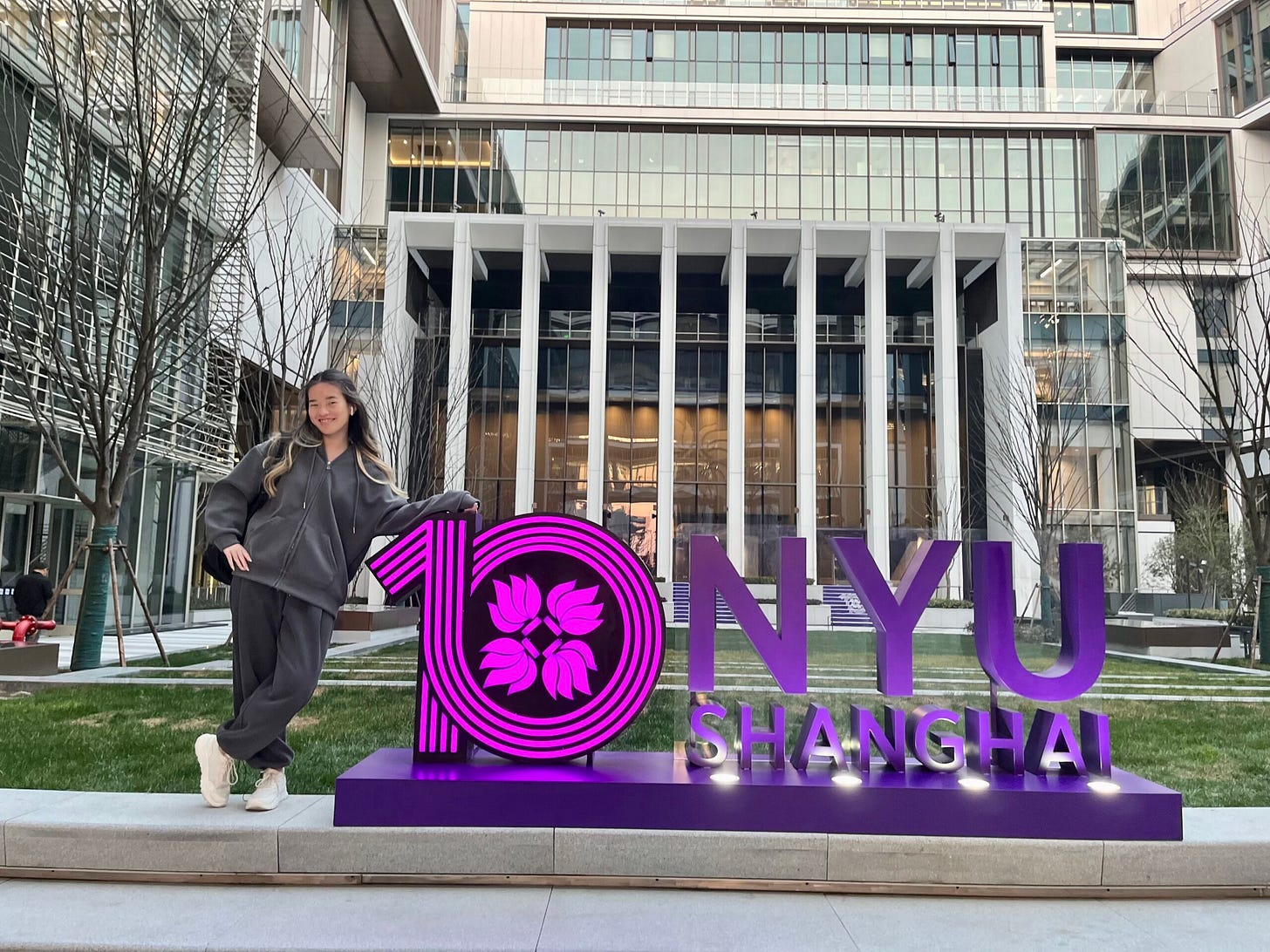78 Programs Suspended as Sino-Foreign Partnerships Undergo Major Shake-Up
This spring brought big changes in China’s cooperative education landscape. On May 20, the Ministry of Education released its 2025 roster for undergraduate-and-above Sino-foreign programs:
New approvals: 44 institutions, 69 programs
Suspensions: 3 institutions, 78 programs
With Gaokao applicants set to top 14 million this year, families face fresh uncertainty. Are these partnerships a smart shortcut—or a costly dead end?
Image from: online
What Is Sino-Foreign Cooperative Education?
Joint ventures between a Chinese university and an overseas partner.
Study in China but earn a foreign degree, or both Chinese and foreign degrees.
Some include 1–2 semesters abroad.
Two main formats:
Standalone campuses
E.g., NYU Shanghai, Duke Kunshan.
Higher fees, strong global recognition.
In-host programs
Housed within a Chinese university.
Degrees granted by both sides or by one side plus a certificate.
Models like 2+2, 3+1, or 4+0 (years in China + years abroad).
Image from: NYU
Why Students and Families Choose Them
Lower entry scores. Often 10–50 points below regular majors.
Reduced costs. Total fees usually ¥200 k–1 m vs. ¥2–5 m for full overseas study.
International exposure. Small classes, English materials, foreign faculty.
Despite perks, past cohorts report uneven quality. Some see “Chinese courses in English” with few real foreign instructors.
Image from:ZJE
Why So Many Programs Are Closing
Tighter quality checks. Projects with poor oversight or weak foreign involvement get halted.
Geopolitical shifts. Some U.S. partners withdrew amid diplomatic tensions.
New alliances. Approvals now favor Europe and Southeast Asia—countries with friendlier visa and political ties.
Image from:US NEWS
How to Decide If It’s Right for You
Verify the partner’s credentials. Check accreditation and faculty mix.
Clarify outcomes. Will you earn the foreign degree you expect?
Match goals. If saving cost and staying close to home matter most, a high-quality program may work. For full immersion, traditional study-abroad still leads.
Sino-foreign cooperation remains a key part of China’s higher-education strategy. But in today’s fast-changing world, careful research is essential.
Stay with EduOutlook for our next deep dive on the latest policy moves and partnership trends.





